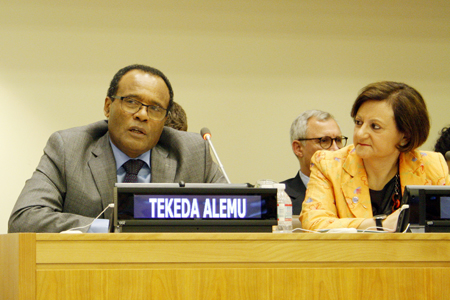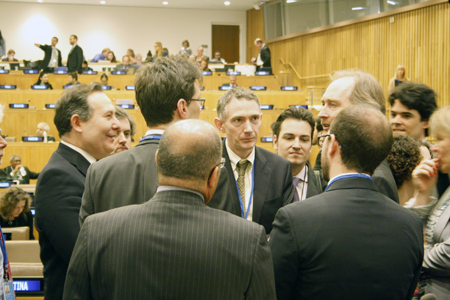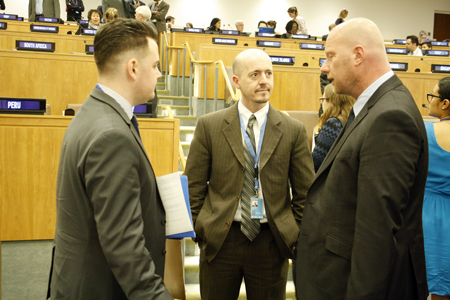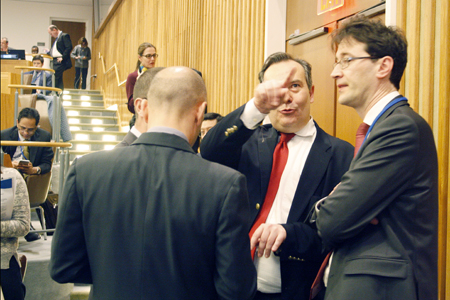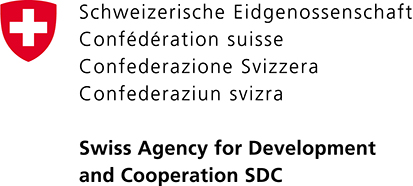|
The second day of the second drafting session for the FfD3 outcome document started with a launch ceremony for the FfD3 logo and website by UN Under-Secretary-General (USG) Wu Hongbo, USG Cristina Gallach, and Ambassador Tekeda Alemu, Permanent Representative of Ethiopia.
This was followed by a discussion on the modalities of the drafting session, after several developing countries stated their preference to begin a paragraph-by-paragraph negotiation with text projected on the screen, and opposed another revised draft from the Co-Facilitators. Developed countries, however, felt that a detailed negotiation on text was not feasible at this session, and supported a revised text from the Co-Facilitators. The session was suspended until a compromise was reached, whereby delegates agreed to project the draft text on a screen to facilitate the discussion.
The discussion on “Domestic Public Finance,” initiated on Monday, resumed. Some developing countries proposed a more action-oriented title, like the Doha Declaration’s “Mobilizing Domestic Financial Resources for Development;” and opposed the separation of domestic public finance from domestic and international private business and finance in the draft. Developed countries were opposed to the change in title, saying the current title reflects the national responsibility that comes with national ownership.
In the afternoon, delegates provided further comments on the first section of the zero draft, on a global framework for financing sustainable development. Developing countries sought clarity on the objective of the conference and section titles to reflect the mandate of FfD3; reaffirmed responsibility of national governments while underscoring the need for a supportive international enabling environment; and called for a bridging section to link the outcome document with all 17 Sustainable Development Goals. Some developed countries, meanwhile, called for the FfD3 outcome document to be the “one and only MOI pillar” of the post-2015 development process, and urged reflecting changing realities since the adoption of the Monterrey Consensus and the Doha Declaration.
In the evening, delegates discussed the section on domestic and international private business and finance. Member States were generally supportive of the strong role of the private sector in the draft. Some States cautioned against mandatory environmental, social and governance reporting frameworks, and supported the use of existing infrastructure initiatives to coordinate and promote investment. Others called for a greater commitment from the business sector for accountability and human rights, including gender equality and empowerment.
Many developing countries opposed references to the use of remittances as public finance, saying remittances are privately owned and not in the control of governments, and supported targets to reduce the cost of remittance transfers.
|







